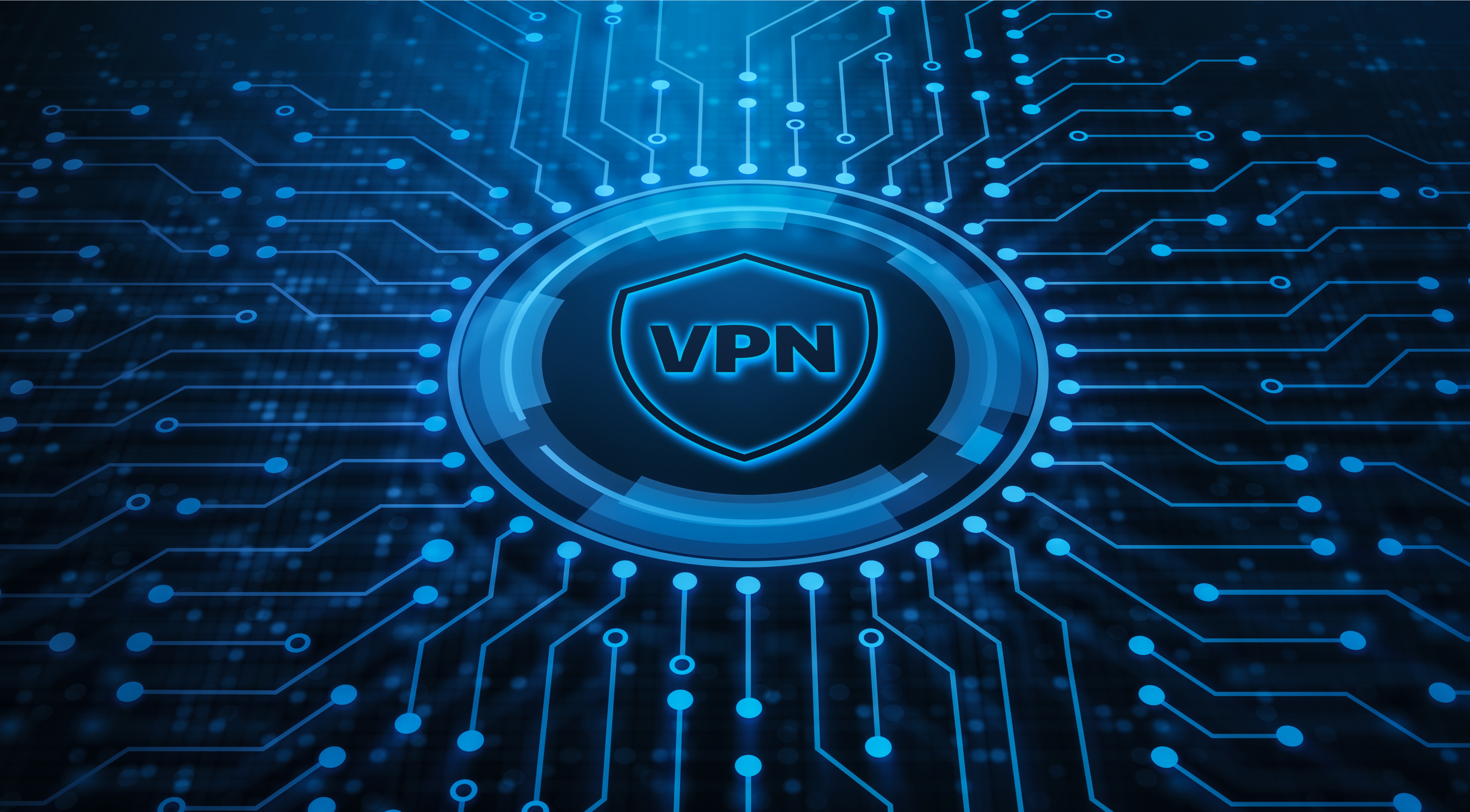VPNs - the industry doesn’t deserve its recent bad press
Amidst all the recent negative press, it’s important to remember what VPNs are designed for.

Sign up for breaking news, reviews, opinion, top tech deals, and more.
You are now subscribed
Your newsletter sign-up was successful
It’s been a difficult month if you work in the world of VPN.
Recent news suggests that Facebook has been secretly paying people to install a “Facebook Research” VPN that lets them extract all of the user’s phone and web activity (similar to Facebook’s Onavo Protect app that Apple banned in June of last year). Then net neutrality took a recent blow as it was reported that Reliance Jio, the third largest mobile carrier in India, was blocking access to several proxy and VPN sites that allow users to anonymously browse the web and sidestep internet service providers’ content restrictions online.
Such negative publicity for VPNs makes it a good time to delve a little deeper into these stories and try to illustrate how they go against the grain of what we believe VPNs stand for - net-neutrality, a decentralised internet and freedom of speech for all, wherever they are in the world.
We think that Facebook’s actions are very damaging for the VPN industry and consumer privacy as a whole. The industry already faces an existential threat from low quality, inferior VPNs which seem to emerge almost every week, making it really difficult for consumers to differentiate between a high quality, legit VPN from those which are clearly inferior. Now, with companies like Facebook doing almost the same thing, fuel is added to the narrative fire that no VPN is worth trusting. This, in turn, can deprive many users from a basic right to privacy due to the fact that they are unable to trust any privacy tools, let alone VPNs.
Also, we do not support censorship to govern the Internet, as we believe that it is not effective and infers a substantial cut in freedom and personal rights. Any actions that shut down the Internet are obvious assaults on free speech. For example, in 2009 the government in Iran shut down the Internet in the country to eliminate the use of Twitter as a communication media. Also, in 2011 the Egyptian government shut down the Internet because Facebook was being used to announce the time and place of anti-government rallies. Blocking VPNs is a barrier to the use of the Internet as a conduit of free speech by governments (or big business).
Facebook acquired (web analytics company) Onavo for around $120 million in 2014. The Onavo VPN app helped users to track and minimise their mobile data plan usage - but it also gave Facebook insightful analytics into what other apps they were using. It was reported that Facebook was able to leverage Onavo to learn that WhatsApp was sending more than twice as many messages per day as Facebook Messenger. Onavo allowed Facebook to spot WhatsApp’s meteoric rise and justify paying $19 billion to buy the chat startup in 2014.
Towards a centralised internet
In the face of mounting criticism and facing a security backlash (apparently Onavo was reporting to Facebook when a user’s screen was on or off, and its Wi-Fi and mobile data usage in bytes even when the VPN was turned off), Apple updated its developer policies to ban collecting data about usage of other apps or data that wasn’t necessary for an app to function. Following on from information that it received from Apple detailing its violation of data collection policies, Facebook removed it from the App store.
Net neutrality rules in the USA expired on June 11, 2018, with new regulations taking effect which gave Internet Service Providers (ISPs) broad new powers over how consumers could access the internet. In essence, net neutrality was the law that prevented ISPs, for example large cable and telephone companies, from blocking, throttling the loading speed of or discriminating against any form of legal content on the internet. Any violation against net neutrality can lead to a centralised Internet that is controlled by a few powerful entities - we condemn this wholeheartedly. The main beneficiary of a centralised Internet are government authorities that can therefore spy on the common people - policymakers will insist on creating and promoting this model so that they can better control the Internet and its users.
Countries with a more restrictive reputation around civil rights and freedom of speech tend to be the ones that ban or restrict VPN use. Citizens may try to use VPNs to get around strict government monitoring of online activities, or blocking of certain sites or services, for instance. In China, Virtual private networks (VPN) are banned, other than those officially approved (and therefore heavily monitored) by the government. VPNs are also currently illegal to use in Iraq, Belarus and North Korea, and usage is heavily restricted in a number of other territories, including China, Russia, Turkey and the United Arab Emirates.
So in addition to the benefits of net-neutrality, a decentralised internet and freedom of speech, what are the other benefits of using a VPN? Well ironically, in the face of what Facebook has been up to, using a VPN stops ISPs from misusing user data - that is to say, selling this data on to companies so that users are more precisely targeted with marketing messages. Security is on everyone’s minds these days. If you connect to a public WiFi network (at your local coffee shop for example), doing so via a Virtual Private Network will be much safer. Your real IP address will be safe while masking your actual location and your data will be encrypted against potential intruders.
Amidst all the recent negative press, it’s important to remember what VPNs are designed for - giving power back to the people.
Sebastian Schaub, Founder, Hide.me
- Also check out our list for the best VPN
Sign up to the TechRadar Pro newsletter to get all the top news, opinion, features and guidance your business needs to succeed!
Sebastian Schaub, CEO, hide.me
